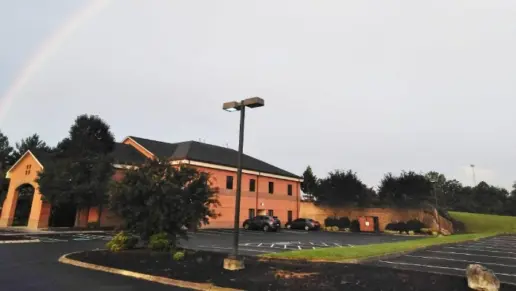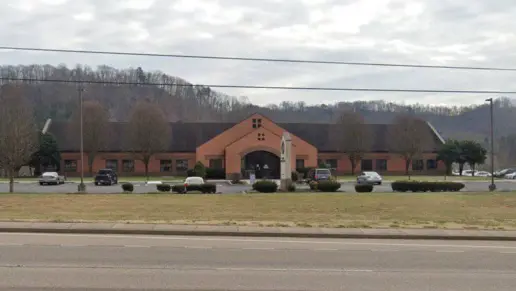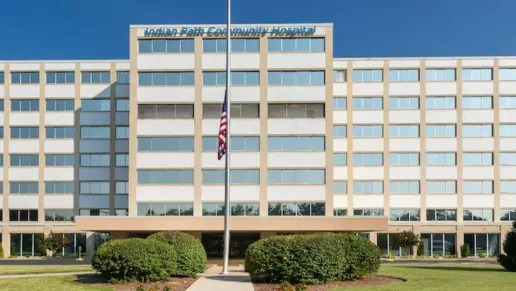About Lakeside Behavioral Health System – Dual Diagnosis
For over 55 years, Lakeside Behavioral Health System has been an addiction treatment center for adults. You'll find 'em located out in Memphis, Tennessee. Services include residential (IP), partial hospitalization (PHP), and intensive outpatient programs (IOP). They also offer medically supervised detox. The Patriot Support Program helps members of the military get the help they need.
They accept most major healthcare plans and offer self-pay options.
Many patients start with detox. This medically supervised process helps your body get rid of drugs or alcohol. Need detox? You’ll have a team of caring professionals supporting you every step of the way. Once you finish detox, you can move to residential treatment with 24/7 support or opt for an outpatient program.
During inpatient care, a doctor who is an addiction specialist will be a big part of your recovery. Licensed therapists use proven therapies to provide individual and group counseling. Past emotional or sexual trauma can lead to substance use disorders and also block recovery. Trauma-informed care helps you move past those old and painful experiences.
Substance abuse often goes hand in hand with emotional struggles. It’s important to address both. In their specialized dual diagnoses treatment program, you’ll get the help you need.
Outpatient treatment programs are ideal for busy people. They make it easier to get support while you juggle daily life. Partial hospitalization is a full-day program. It runs seven days a week. Intensive outpatient treatment meets three to five days a week.
Both programs use proven treatment approaches customized for you. Your therapist might suggest cognitive behavioral therapy (CBT) to help reshape thought patterns. You’ll also participate in a 12 Step program like Alcoholics Anonymous. Peer Recovery Support Specialists will also be there to offer guidance. They share their own recovery stories. Most patients appreciate this extra layer of support during recovery.
Rehab Score
Accepted Insurance
Other Forms of Payment
Medicaid is a state based program that helps lower-income individuals and families pay for healthcare. Medicaid covers addiction treatment so those enrolled can use their coverage to pay for rehab. When a program accepts Medicaid the client often pays very little or nothing out of their own pocket.
Private insurance refers to any kind of healthcare coverage that isn't from the state or federal government. This includes individual and family plans offered by an employer or purchased from the Insurance Marketplace. Every plan will have different requirements and out of pocket costs so be sure to get the full details before you start treatment.
Self-pay involves paying for treatment out of your own pocket. You can use savings or credit, get a personal loan, or receive help from family and friends to fund your treatment. If you don't have insurance or your insurance plan doesn't cover a specific program, self-pay can help ensure you still get the care you need.
Medicare is a federal program that provides health insurance for those 65 and older. It also serves people under 65 with chronic and disabling health challenges. To use Medicare for addiction treatment you need to find a program that accepts Medicare and is in network with your plan. Out of pocket costs and preauthorization requirements vary, so always check with your provider.
Military members, veterans, and eligible dependents have access to specific insurance programs that help them get the care they need. TRICARE and VA insurance can help you access low cost or no cost addiction and mental health treatment. Programs that accept military insurance often have targeted treatment focused on the unique challenges military members, veterans, and their families face.
Addiction Treatments
Levels of Care
Treatments
The goal of treatment for alcoholism is abstinence. Those with poor social support, poor motivation, or psychiatric disorders tend to relapse within a few years of treatment. For these people, success is measured by longer periods of abstinence, reduced use of alcohol, better health, and improved social functioning. Recovery and Maintenance are usually based on 12 step programs and AA meetings.
When your day-to-day life is taken over by drug use, this is known as substance use disorder. If you abruptly stop using your drug of choice, you experience withdrawal symptoms. To overcome this cycle, professional drug rehab in Tennessee is usually needed.
Many of those suffering from addiction also suffer from mental or emotional illnesses like schizophrenia, bipolar disorder, depression, or anxiety disorders. Rehab and other substance abuse facilities treating those with a dual diagnosis or co-occurring disorder administer psychiatric treatment to address the person's mental health issue in addition to drug and alcohol rehabilitation.
A combined mental health and substance abuse rehab has the staff and resources available to handle individuals with both mental health and substance abuse issues. It can be challenging to determine where a specific symptom stems from (a mental health issue or an issue related to substance abuse), so mental health and substance abuse professionals are helpful in detangling symptoms and keeping treatment on track.
Opioid rehabs specialize in supporting those recovering from opioid addiction. They treat those suffering from addiction to illegal opioids like heroin, as well as prescription drugs like oxycodone. These centers typically combine both physical as well as mental and emotional support to help stop addiction. Physical support often includes medical detox and subsequent medical support (including medication), and mental support includes in-depth therapy to address the underlying causes of addiction.
Programs


Clinical Services
Group therapy is any therapeutic work that happens in a group (not one-on-one). There are a number of different group therapy modalities, including support groups, experiential therapy, psycho-education, and more. Group therapy involves treatment as well as processing interaction between group members.
Contact Information
2985 Brunswick Road
Memphis TN, 38133





